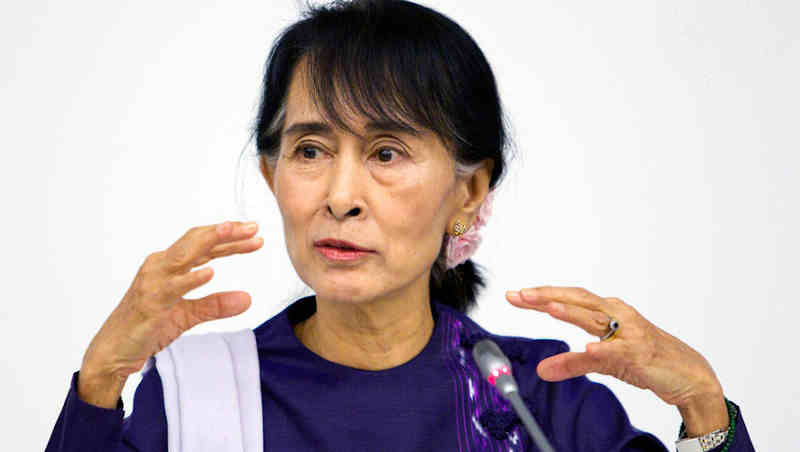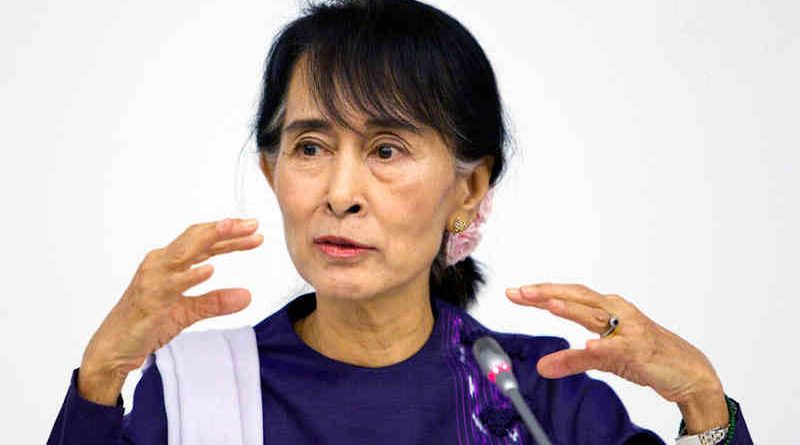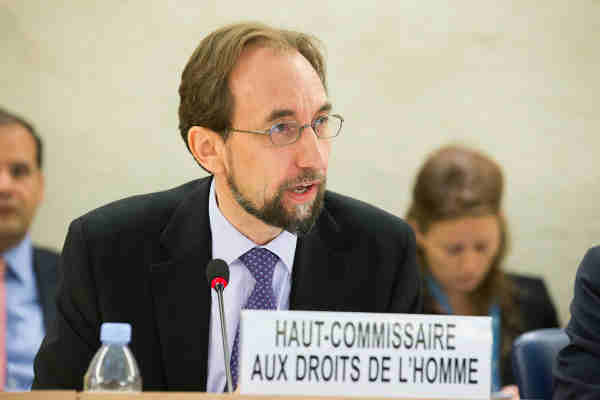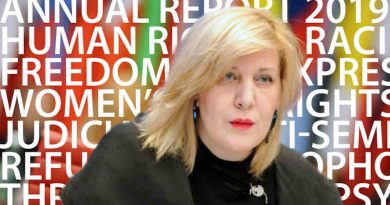Myanmar: UN Expert Proposes Emergency Coalition to End Junta’s Reign of Terror

The Member States which are condemning the coup should send military help inside Myanmar to defeat the authoritarian rulers and get democracy restored. Shallow statements delivered remotely will not deter the Myanmar dictators. | Rakesh Raman
By RMN News Service
The UN Special Rapporteur on the situation of human rights in Myanmar, Tom Andrews, on July 7 called for the urgent formation of an “Emergency Coalition for the People of Myanmar“ to stop what he described as the military junta’s “reign of terror” in the country.
Addressing the Human Rights Council in Geneva, Andrews said it was time to end the failure of those outside of Myanmar to take measures that could help end this nightmare. “The international community is failing the people of Myanmar,” he said.
Andrews highlighted the extreme human rights abuses committed by the junta, which he described as crimes against humanity. “The junta’s military forces have murdered approximately 900 people, forcibly displaced hundreds of thousands, tortured many, including torturing people in custody to death, disappeared untold numbers, and arbitrarily detained nearly 6,000.”
Despite its brutality, Andrews stressed that the junta has failed to take control of the country after launching its February coup. “The junta captured many levers of State power, the purse strings of Myanmar’s Treasury and the administrative offices, but it has not – not even close – taken control of the nation and its people,” he said.
|
Use of Chapter VII of the United Nations Charter The UN and the office of UN High Commissioner for Human Rights have repeatedly failed to protect human rights of the citizens in different parts of the world. The casual statements and recommendations of the UN bureaucrats are being ignored by the rogue states which are supposed to follow them. In such circumstances, the world leaders must consider the use of Chapter VII of the United Nations Charter which specifies the UN Security Council’s powers to maintain peace. It allows the Council to determine the existence of any threat to the peace, breach of the peace, or act of aggression and to take military and non-military action to restore international peace and security. ~ Rakesh Raman |
“The people of Myanmar roundly view the junta as illegitimate and, indeed, a terrorist scourge set loose upon them. Now, more than ever, we must summon the courage of the people of Myanmar and choose the path of meaningful and sustained action,” Andrews suggested.
Andrews’ call for an Emergency Coalition for the People of Myanmar would include “nations willing to stand with the people of Myanmar through meaningful, coordinated action”. He added: “It could reduce the junta’s ability to attack its citizens, save the lives of those in acute crisis, and gain political leverage so that the crisis in Myanmar might come to a just and permanent conclusion.”
The UN expert said that a coalition of nations that are willing to work together on strong action to pressure the junta was necessary in light of the paralysis that has followed the consensus decision making that has plagued the international response to date. “The UN Security Council, Human Rights Council and General Assembly have offered statements and resolutions but the people of Myanmar need immediate action,” he told the Council in Geneva on July 7.
Andrews cited five key actions the Emergency Coalition should take:
Significantly reduce the revenue that the junta needs to continue its reign of terror by coordinated tough targeted sanctions, including against Myanmar Oil & Gas Enterprise;
Outlaw the export of arms to the Myanmar military, as called for in last month’s General Assembly resolution;
Pursue universal jurisdiction cases and coordinate investigations against Myanmar’s senior security officials;
Dramatically increase humanitarian aid by working with the National Unity Government to utilize non-junta channels to assure that aid goes directly to the people of Myanmar; and
Work together to deny any claims of legitimacy that the junta may try to assert, such as the false claim that they are recognized by the United Nations.
“There is still time to set a new course and achieve a just outcome for the desperate people of Myanmar,” Andrews said. “But time is short and the stakes could not be higher.”
Mr. Thomas Andrews (United States of America) is the Special Rapporteur on the situation of human rights in Myanmar. A former member of the US Congress from Maine, Andrews is a Robina Senior Human Rights Fellow at Yale Law School and an Associate of Harvard University’s Asia Center.




